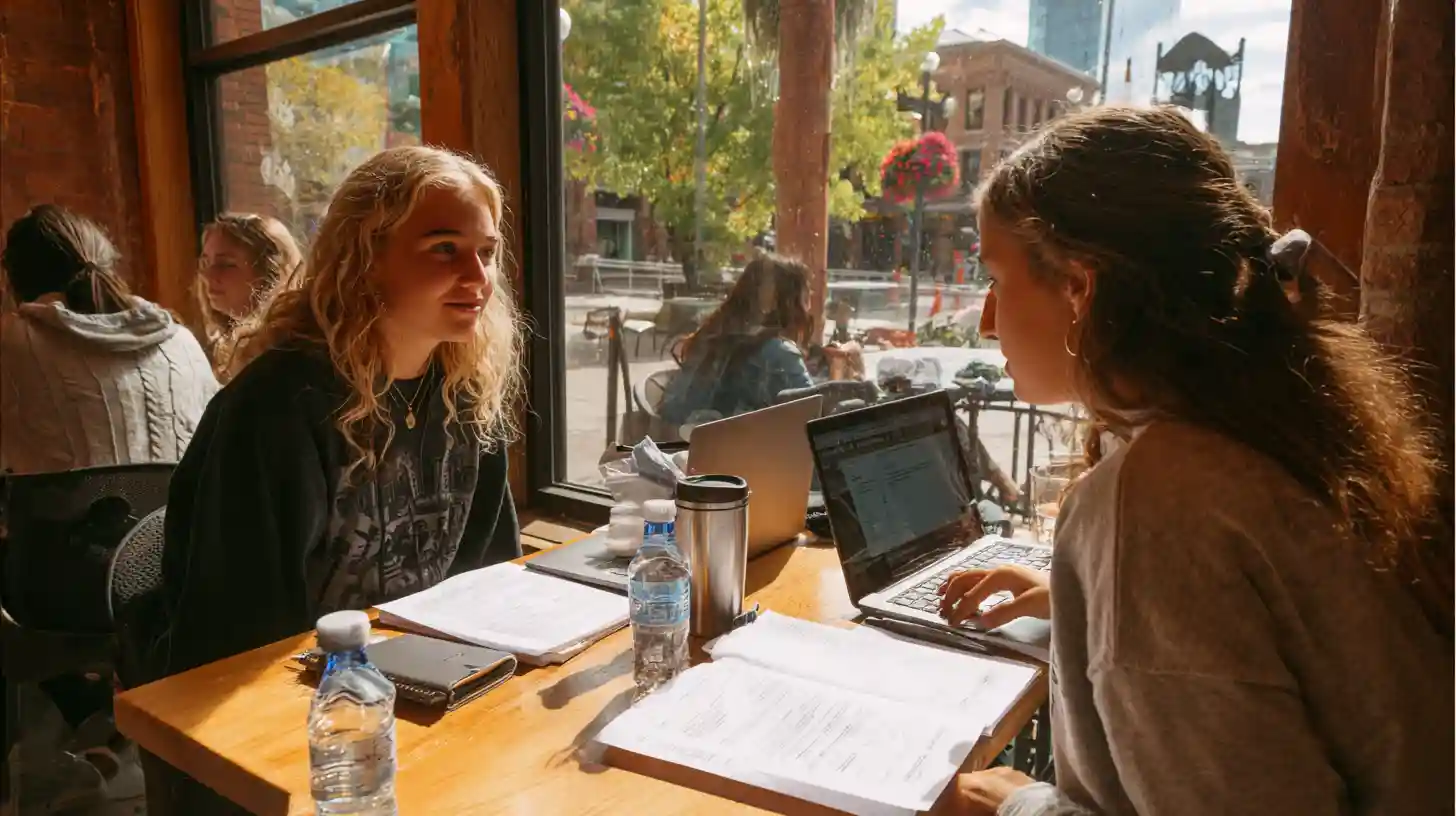What is the purpose of the F-1 visa interview?
The F-1 visa interview is your chance to show that you meet the basic F-1 visa requirements. The consular officer will ask questions to confirm your identity, your academic goals, your ability to pay for school and your plan to return home after graduation.
The interview usually lasts just a few minutes. Most questions will come directly from your submitted application forms, including your DS-160 U.S. visa form and I-20 from your university. You’ll be asked to speak about your chosen program, your university and how it fits into your long-term career plans.
You should also be ready to explain why you chose the United States for your education. Be clear and specific, and avoid generic answers. Knowing why you picked your school, program and country shows that you’ve put thought into your decision and that you’re ready to succeed.


